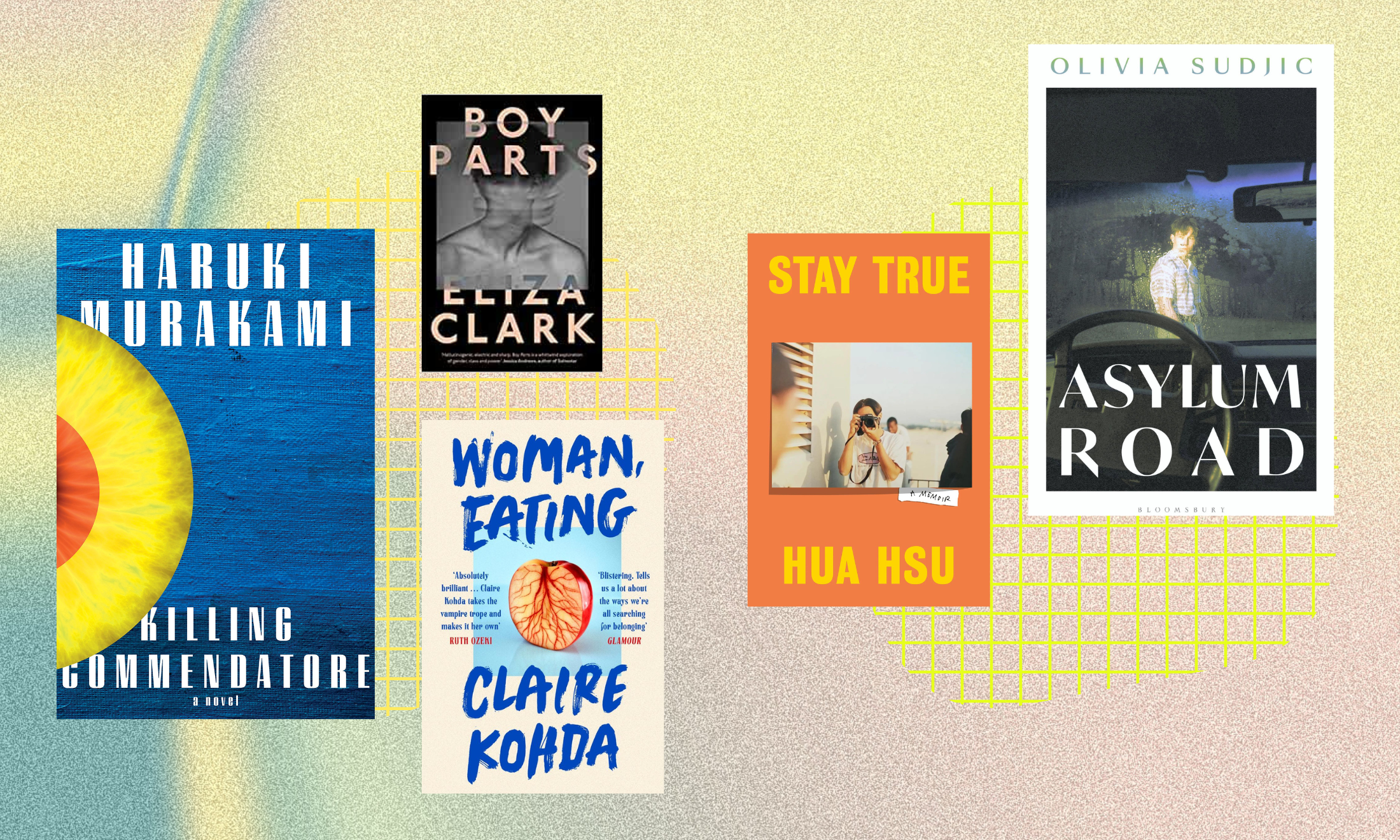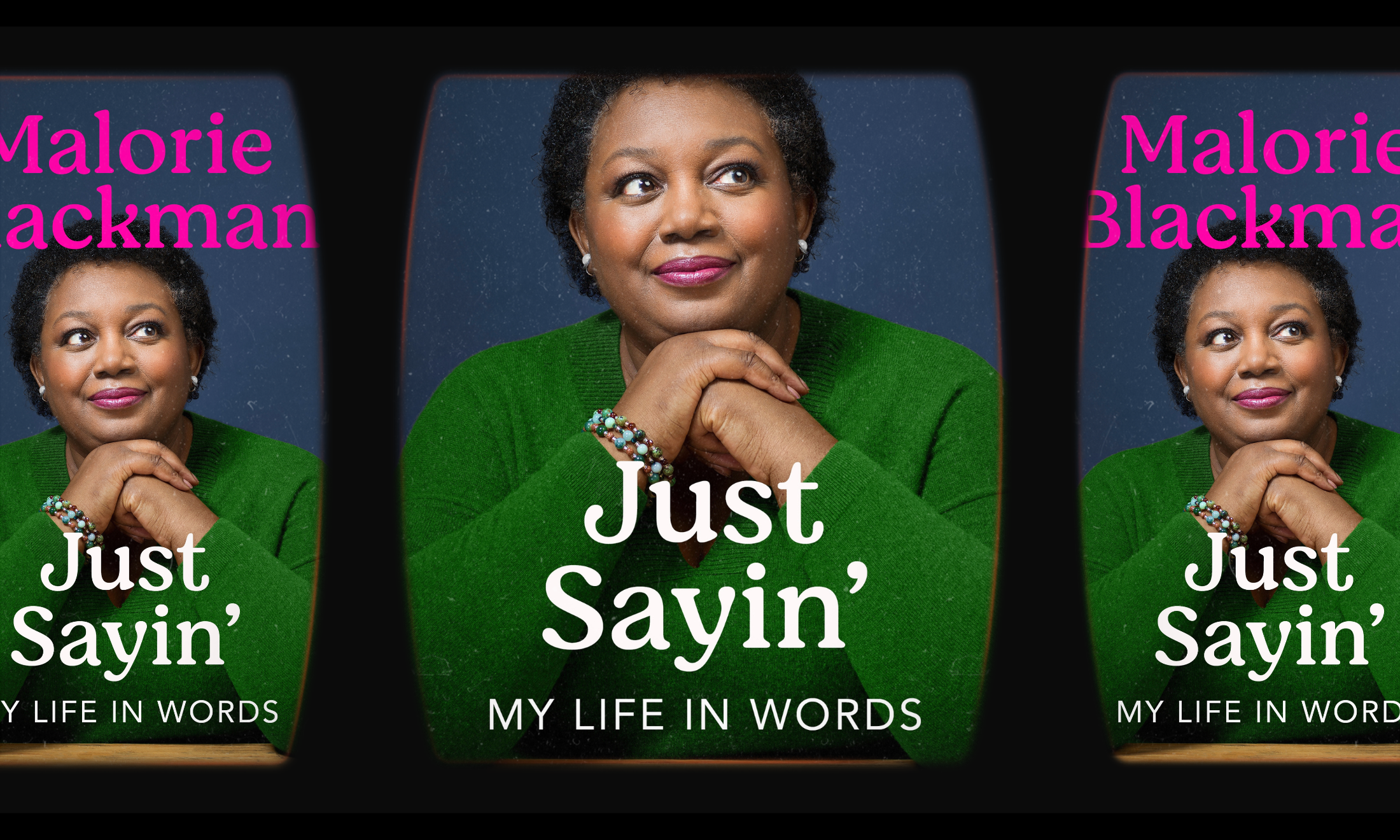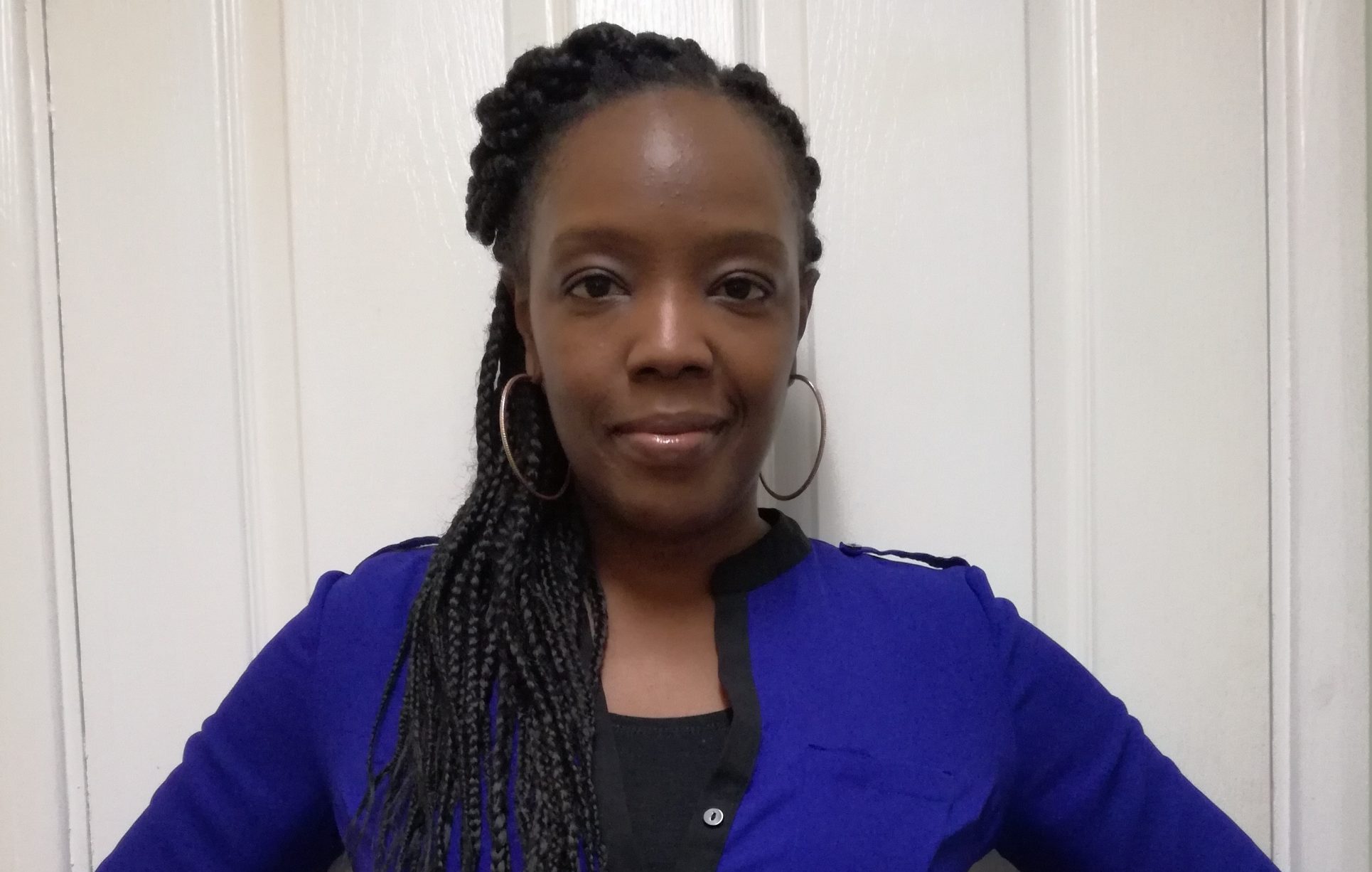
I found so much sisterhood in publishing—we should support each other’s careers wherever we can
Davina Hamilton
25 May 2018
Back in the day, I never really thought much about the “women supporting women” mantra.
As a journalist and former editor for black British newspaper The Voice, I brought light to many women’s stories. But in doing so, I don’t recall ever being driven by a desire to support my fellow sisters. Rather, I wrote about countless people of colour, irrespective of gender.
My journey as an author began very differently. When I made my foray into the world of children’s literature last year, I did so with a book that featured a little black boy named Riley as the lead character. Having worked for a black British publication for over a decade, I was well-versed with a number of issues concerning black boys and men,particularly, the way that negative stereotypes have impacted them throughout the years. As such, I decided that my book, Riley Can Be Anything, would provide a positive representation of a black boy. And not just one black boy, but a cast full of black men and boys who all served as positive role models for young Riley.
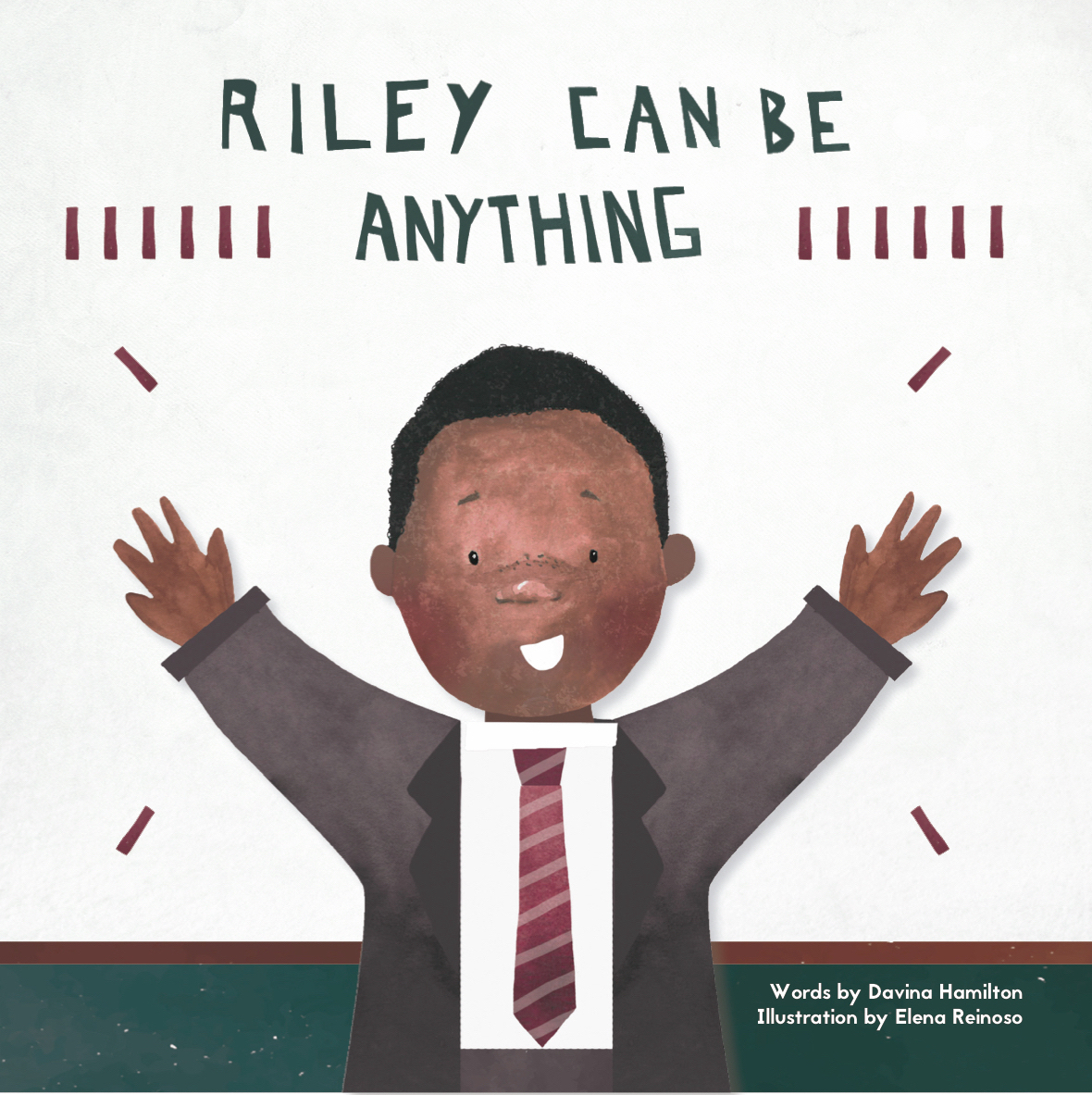
With a book that fully personified what has been coined, in recent times, as “black boy joy”, I began my journey with a “boy”-centric outlook. I envisaged myself partnering with brotherhood-focused organisations and fatherhood fraternities, fully believing that my campaign would be focused on and spearheaded by boys and men.
I was wrong.
The first bit of coverage my book received came four weeks before it was actually released. The headline of the article was: “Former entertainment editor of the Voice to release debut children’s book ‘Riley Can Be Anything’”. The piece had been run by Mad News UK, the popular entertainment blog founded and run by black British journalist Janice Spence. Suffice to say, I was thrilled. And I was hugely grateful to Janice. But still, I didn’t consider her decision to run my story as an act of sisterhood. I figured that she—just like I had always done as an editor—chose to run what she felt was a newsworthy story. And I was thankful that she did.
“As the campaign trail continued, a host of women and women-focused outlets showed their support for my book”
Nonetheless, it didn’t go unnoticed for me that the first journalist to pick up on my campaign—a campaign that I had been so convinced would have been bolstered by brothers—was a woman. And this was not to be an isolated event. As the campaign trail continued, a host of women and women-focused outlets, both in the UK and overseas, showed their support for my book. UK outlets including gal-dem, Pride Magazine, Made For Mums, The Cocoa Diaries and Melan Mag all gave coverage to the book.
In addition, renowned journalist turned best-selling author Afua Hirsch kindly shared news of Riley Can Be Anything via a Twitter post; popular black British blogger Candice Brathwaite reviewed the book on her site; and reporter Reya El-Salahi brought TV exposure to the campaign by interviewing me on London Live. Stateside, a host of women’s blogs—Live Civil, Mater Mea and Black Girl Nerds, to name a few—gave exposure to my book, much to my delight. I was very excited when Riley Can Be Anything hit Caribbean shores, receiving reviews in Jamaican newspaper, The Gleaner; St. Lucian publication, St. Lucia Star; and Caribbean publication, B3 Parenting Magazine. As you might have guessed, all three reviews were written by women journalists.
By now, my sisterhood sensibilities were fully ‘woke’. My book, which is independently released,was making waves. And while it is worth noting that several men have supported me on my journey, the media coverage my book received was largely down to an international network of women, predominantly women of colour, who were sharing my story.
“Upon talking to the manager, she told me she’d learned about me via a feature she’d read online. Any guesses where she read said feature? Right here in gal-dem”
I’ve been thrilled to discover the level of support there is among black, female children’s authors. With many of us choosing to release our books independently (rather than wait for the assistance of major publishers, who are woefully lacking when it comes to putting out diverse children’s books), one might assume there would be fierce rivalry among us. But that certainly hasn’t been my experience. On the contrary, I’ve found a sense of solidarity among a number of contemporary black British authors, such as Casey Elisha, Tola Okogwu, Lorraine O’Garro, Rachel Beckles, Michaela Alexander and Lola Adebayo, and I’m thrilled to be among these women.
As if the impact of sisterhood support hadn’t already been adequately proven, I was given a serious reminder of its importance a few weeks back, when I was invited to participate in this year’s Shakespeare’s Telling Tales, the renowned storytelling festival hosted by Shakespeare’s Globe.
I’d not long begun promotion for my second book, Riley Knows He Can, which follows lead character Riley as he prepares to star in his first school play, when the events manager at Shakespeare’s Globe (who, incidentally, is a woman), invited me to take part in the upcoming festival.
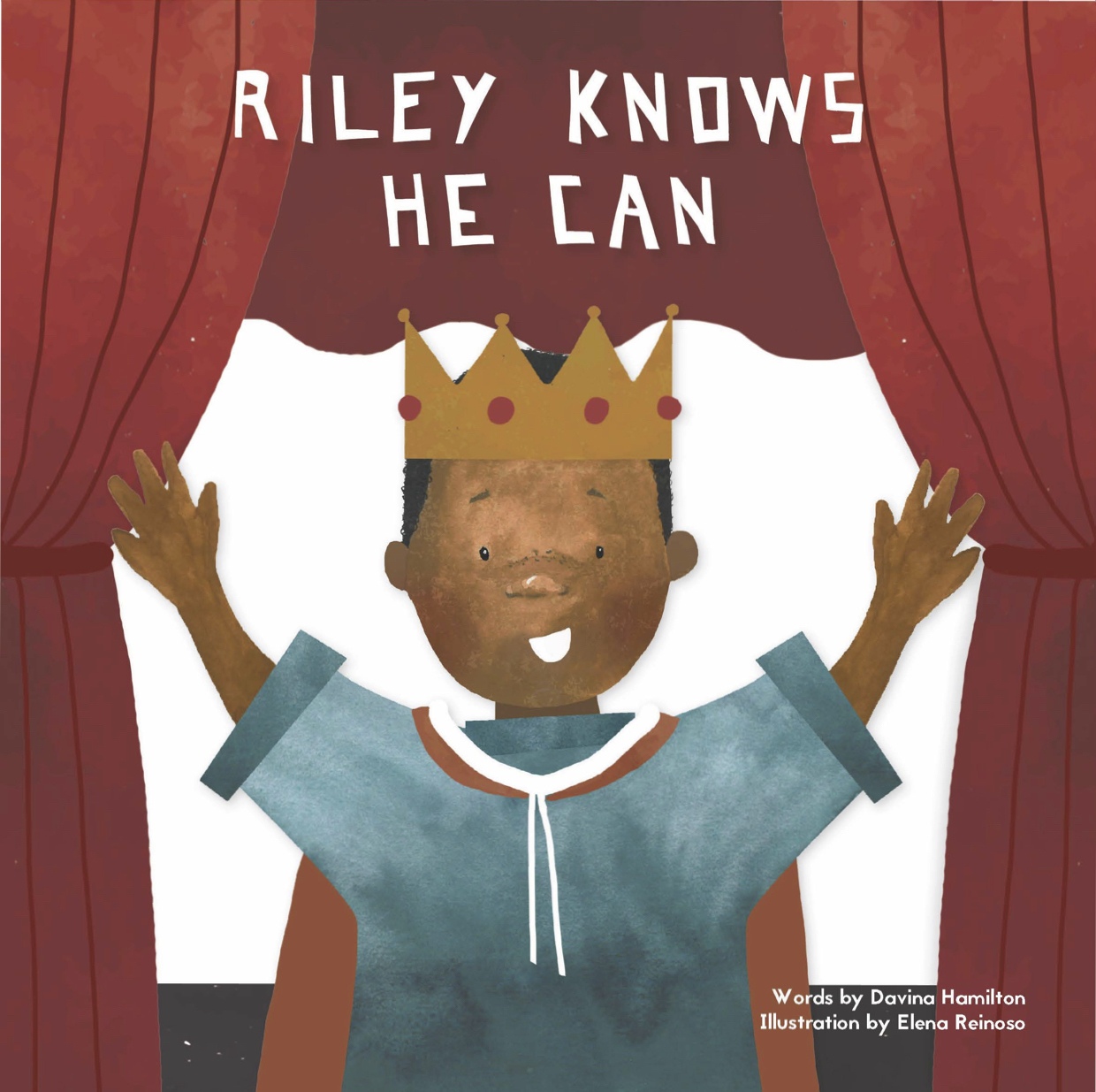
Upon talking to the manager, she told me she’d learned about me via a feature she’d read online. Any guesses where she read said feature? Right here in gal-dem. And with that, my lesson in the power of women and women-focused media was complete.
So, huge thanks go out to Kuba Shand-Baptiste for interviewing me for gal-dem last year. And equal gratitude goes out to Micha Frazer-Carroll for allowing me to infiltrate the gal-dem space to pen this piece.
Here’s to all the gal dem who have supported my journey. And here’s to the power of sisterhood.
Riley Knows He Can is out now, and available at £5.99 on Amazon and www.davinahamilton.com.



